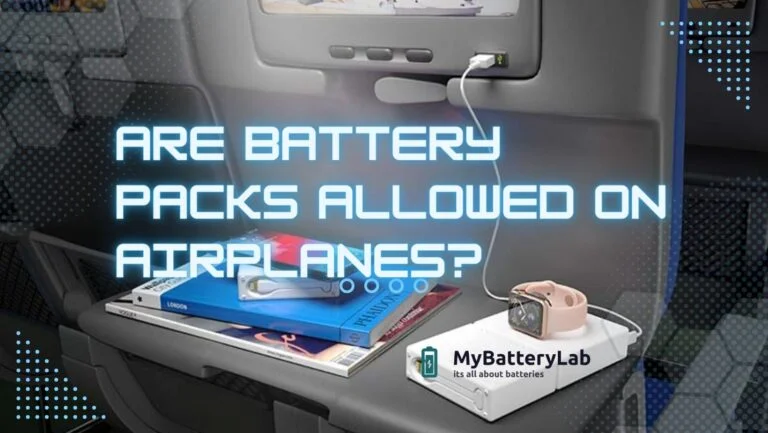The Dangers of Swallowing Button Batteries: What You Need to Know
[ad_1]
A button battery might seem harmless, but when swallowed, it can pose serious dangers. In this article, we will discuss the potential risks of swallowing button batteries, the symptoms to look out for, and what to do if someone has swallowed one.
We will also explore the steps you can take to prevent accidental ingestion and ensure the safety of your loved ones, especially young children. Understanding the dangers of button batteries is crucial for safeguarding your family and minimizing the risk of serious health complications.
What are the dangers of swallowing button batteries?

Swallowing a button battery can lead to serious internal injuries, especially if it gets stuck in the esophagus. When the battery comes into contact with bodily fluids, it can cause a chemical reaction that releases an electric current, leading to tissue damage and potentially life-threatening complications.
The electrical current can burn through the esophagus or nearby blood vessels, causing severe internal bleeding and other complications. In some cases, the damage caused by a swallowed button battery can be fatal.
Children are particularly susceptible to swallowing button batteries, as they may mistake them for candy or other small objects. It is important to keep these batteries out of reach of young children and to be vigilant about their use in toys, games, and household devices.
MY BATTERY LAB
What are the symptoms of swallowing a button battery?
If someone has swallowed a button battery, they may experience symptoms such as chest pain, difficulty swallowing, vomiting, coughing, and abdominal pain. In severe cases, they may also experience respiratory distress, fever, or be unable to eat or drink.
If you suspect that someone has swallowed a button battery, it is crucial to seek medical attention immediately, as prompt intervention can help minimize the risk of serious complications.
The Hidden Dangers of Using Battery Cases for Your Phone
MY BATTERY LAB
What should you do if someone has swallowed a button battery?
If you suspect that someone has swallowed a button battery, it is important to seek medical help right away. Do not attempt to induce vomiting, as this can cause further damage to the esophagus. Instead, call emergency services or take the individual to the nearest emergency room for evaluation and treatment.
It is important to provide medical professionals with as much information as possible, including the type and size of the battery, when it was swallowed, and any symptoms the individual may be experiencing.

In some cases, emergency intervention may be necessary to remove the battery and repair any damage to the esophagus or surrounding tissues. The sooner medical help is sought, the better the chances of a positive outcome for the individual who has swallowed the battery.
How can you prevent accidental ingestion of button batteries?
To minimize the risk of accidental ingestion, it is important to store button batteries in a secure location that is out of reach of children. Be mindful of household items that contain button batteries, such as remote controls, calculators, and toys, and ensure that they are properly secured and inaccessible to young children. When disposing of used batteries, be sure to safely discard them in a manner that prevents accidental exposure to children or pets.
The Hidden Danger of Discarding Batteries: How They Contribute to Electronic Waste
MY BATTERY LAB
Additionally, consider using alternative power sources or devices that do not require button batteries, especially in households with young children. By taking these preventive measures, you can reduce the risk of accidental ingestion and help protect the safety of your loved ones.
Conclusion
Swallowing a button battery can have serious and potentially life-threatening consequences. It is important to be aware of the dangers of button batteries and take proactive steps to prevent accidental ingestion.
By storing button batteries safely, being mindful of their presence in household items, and seeking prompt medical attention if ingestion occurs, you can help safeguard the well-being of your family and minimize the risk of serious health complications.
Some Related FAQs,
Can button batteries cause harm to adults?
What should I do if I suspect my child has swallowed a button battery?
How can I safely dispose of used button batteries?
Are there alternative power sources that can be used in place of button batteries?
What are some common household items that contain button batteries?
[ad_2]







